In the chill months of winter or the hot days of summer, having a reliable heating and cooling system becomes a necessity. This is where a heat pump comes into play, offering an efficient solution for maintaining optimal indoor temperatures. But have you ever wondered, “How does a heat pump work?” In this comprehensive guide, we will let you know about what is a heat pump, how to use a heat pump and how a heat pump warm a house.
1. What is a Heat Pump?
Heat Pump Basics: A heat pump operates by transferring heat from one place to another. Whether it’s extracting warmth from the outdoor air to heat your home during winter or removing heat from indoors to cool your space in summer, the process remains the same.
Beyond Heating and Cooling: A residential heat pump is not just a heating and cooling device; it’s an energy-efficient solution that can significantly impact your home’s overall comfort. Unlike traditional heating systems, heat pumps do not generate heat but rather transfer it, making them environmentally friendly and cost-effective.
2. How does a Heat Pump Work?
In Winter: In the colder months, Multi-Room pumps operate by extracting heat from the outdoor air, ground, or water source. The refrigerant inside the system absorbs this heat and, through a compression process, releases it inside your home. Even in chilly conditions, these devices work diligently to ensure a warm and cozy living environment. This process is done with the help of Ceiling Cassette units or Floor Console units.
In Summer: Come summertime, the process reverses. The heat pump extracts warmth from your indoor air, transferring it outdoors with the help of ducted systems. This leaves you with a refreshingly cool interior, providing a welcome escape from the sweltering heat. This dual functionality sets heat pumps apart from traditional HVAC systems.
3. How to Use a Heat Pump?
User-Friendly Operation: Most modern heat pumps come with user-friendly controls, allowing you to set your desired temperature and mode effortlessly. With options for heating, cooling, and even dehumidifying, these versatile systems cater to your comfort needs year-round.
Efficiency Tips: To maximize efficiency, set your thermostat at a moderate temperature. This not only ensures comfort but also helps save energy and reduce your utility bills. Regularly clean or replace air filters, as clogged filters can impede airflow, affecting the system’s efficiency.
4. How Does a Heat Pump Warm a House?
A heat pump is a device designed to regulate indoor temperatures by transferring heat between the indoors and outdoors. Acting as both a heater and an air conditioner, it efficiently keeps your living spaces comfortable. Here’s a simplified explanation of how a heat pump warms a house:
- Evaporation: In the outdoor unit (evaporator coil), a refrigerant evaporates at a low temperature by absorbing heat from the outside air. Even in cold weather, there is still some heat energy present in the air.
- Compression: The refrigerant in its gaseous state is then compressed by a compressor, raising its temperature and pressure. This compression process increases the energy level of the refrigerant.
- Condensation: The hot, high-pressure gas is then circulated to the indoor unit (condenser coil), where it releases the absorbed heat to the indoor air. As the refrigerant condenses back into a liquid, it transfers its heat to the indoor space.
- Expansion: The refrigerant, now in a liquid state, goes through an expansion valve, which reduces its pressure. This prepares the refrigerant to repeat the cycle by evaporating again in the outdoor unit.
- Reversibility: The unique feature of a heat pump is its reversibility. In warmer seasons, the direction of the heat exchange process can be reversed. The heat pump can act as an air conditioner by removing heat from the indoor air and releasing it outside.
The key player in this thermal ballet is the refrigerant. In the heating mode, the heat pump’s evaporator coil absorbs heat from the outside air, and the refrigerant transforms into a gas. This gas is then compressed, and its temperature rises significantly. The now hot gas flows through the condenser coil, releasing heat into your home.
5. Benefits of Heat Pumps
- Energy Efficiency: One of the standout advantages is the impressive energy efficiency of heat pumps. By utilizing ambient heat from the environment, they require less electricity to maintain desired temperatures, leading to substantial cost savings. :
- Versatility: You can choose a variety of heat pumps Floor-mounted heat pumps are installed at ground level, providing efficient heating and cooling. High-Walls units, installed on walls, save floor space but have slightly different airflow patterns. You can choose based on space and aesthetic preferences.
- Environmental Friendliness: Reducing reliance on fossil fuels and heat pumps contributes to a greener planet. By tapping into renewable heat sources, they align with Eco-conscious living, making them an environmentally friendly choice.
6. Do You Save Money with a Heat Pump?
Economic Advantages: One of the most common questions is, “Do you save money with a heat pump?” The answer is a resounding yes. Heat pumps are known for their energy efficiency, translating to lower energy bills over time. By harnessing ambient air for heating or cooling, they consume less energy compared to traditional systems.
Return on Investment: While the initial investment in a heat pump might be higher than some alternatives, the long-term savings and energy efficiency make it a wise financial choice. Consider it not just an expense but an investment in your home’s comfort and your wallet’s well-being.
7. Choosing the Best Heat Pump
When it comes to the best heat pump NZ, the market offers a plethora of choices. Consider factors such as the size of your space, your specific heating and cooling needs, and energy efficiency ratings. Conduct thorough research, read reviews, and consult with experts to find the perfect match for your home.
Ensuring optimal performance starts with professional installation. In Auckland, where temperature variations can be significant, a well-installed heat pump becomes crucial. Choose a reputable heat pump installation service to guarantee perfect installation, maximum efficiency, and long-lasting comfort.
8. Heat Pump Maintenance
Routine Check-ups: To keep your heat pump operating at its best, regular maintenance is key. Schedule routine check-ups to inspect the system, clean filters, and address any potential issues. This proactive approach not only extends the lifespan of your heat pump but also ensures consistent performance. Moreover, You can get help from our guide on How To Clean Your Heat Pump Filter.
DIY Tips: In addition to professional maintenance, there are simple heat pump DIY tips you can perform to keep your heat pump in top condition. Keep the outdoor unit free from debris, ensure proper airflow around the unit, and promptly address any unusual sounds or performance issues.
9. Enhance Your Comfort Experience
Expertise You Can Trust: For the best heating and cooling solutions, Air Perfection LTD stands out as a trusted name in the industry. With a commitment to customer satisfaction and a team of skilled professionals, we offer not only top heat pump installation services but also expert advice on choosing the best system for your needs.
Your Comfort, Our Priority: At Air Perfection, we provide comprehensive services, including maintenance and repairs, ensuring your heat pump operates at peak efficiency throughout its lifespan. Experience the epitome of comfort with a partner dedicated to your well-being.
FAQs About Heat Pumps
How does a heat pump work in the winter?
In winter, a heat pump extracts heat from the outdoor air, ground or water source and transfers it indoors. We are providing a comfortable and refreshing atmosphere.
How does a heat pump work in the summer?
During summer, the heat pump reverses its operation, expelling warmth from indoors and keeping your home comfortably cool.
Is a heat pump better than AC?
Yes, heat pumps offer both heating and cooling capabilities, making them more versatile and energy-efficient than traditional air conditioners.
How long does a heat pump last?
With proper maintenance, a well-installed heat pump can last up to 15 years, providing reliable comfort throughout its lifespan.
How much electricity do heat pumps use?
Heat pumps are known for their energy efficiency, using significantly less electricity compared to traditional heating and cooling systems.
Conclusion
In conclusion, understanding how a heat pump works unveils a world of efficiency, comfort, and savings. From mastering the basics to exploring the financial benefits and choosing the best heat pump for your needs, this ultimate guide has equipped you with the knowledge to make informed decisions. And when it comes to turning that knowledge into reality, trust Air Perfection to elevate your comfort experience.






